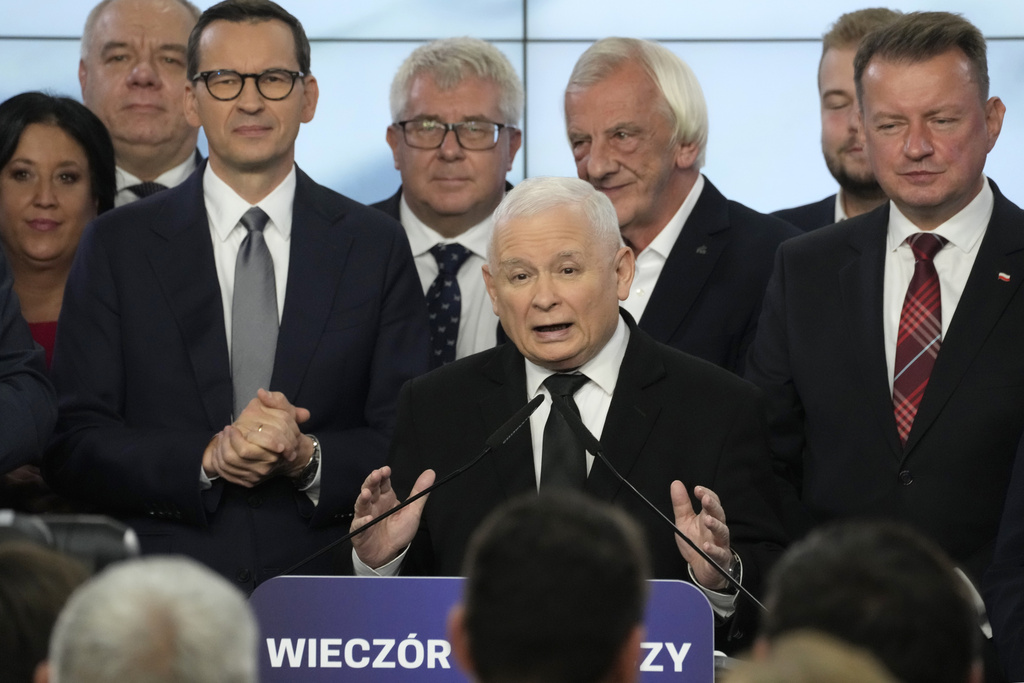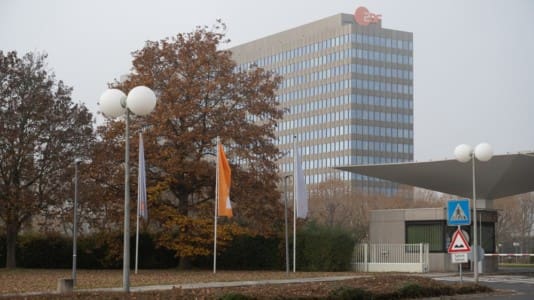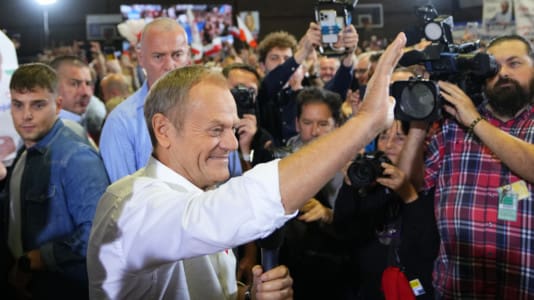Poland’s Law and Justice (PiS) party progressed the country’s economy significantly during its tenure but failed to sufficiently expose the flaws in the liberal opposition’s plans for the country during its unsuccessful election campaign, party leader Jarosław Kaczyński has claimed.
He praised his party for transforming Poland’s socio-economic system “from one that was ineffective and unfair to one that is much fairer and more efficient” during its eight years in power.
Kaczyński cited international statistics from Eurostat, the IMF, and the World Bank to emphasize that the country’s situation in various sectors improved under the United Right government, especially when taking into account the global challenges it faced, namely the coronavirus pandemic and the ongoing conflict in neighboring Ukraine.
However, despite these achievements, the PiS received a million fewer votes than in the previous elections, preventing them from forming a majority government.
Kaczyński said that while a majority of Poles benefited from their policies, they didn’t vote in favor of the party. He noted that regions that should have supported them, given the special assistance they had received, did not show increased support. In eastern Poland, where their backing is traditionally strong, they lost up to 12 percent in some electoral districts.
“People do not vote out of gratitude. Those in power must primarily highlight the flaws of their opponents,” Kaczyński concluded.
According to the chairman of PiS, to fulfill the financial promises announced by the opposition during the election campaign, including raising the tax-free amount to 60,000 Polish złoty (€13,400) a year, “one would not only need a second budget but also a second set of public finances.”
Kaczyński emphasized that in the adopted but not yet enacted budget for 2024, there is no deficit, provided that “there are no irresponsible actions.”
He also addressed allegations by the opposition, such as labeling PiS rule a “dictatorship,” refuting this by highlighting that a significant part of the power is held by the opposition, with the judiciary being dominated by them.
He questioned how opponents could attend anti-government protests and watch TV channels critical of the government and still believe they were living under a dictatorship.






